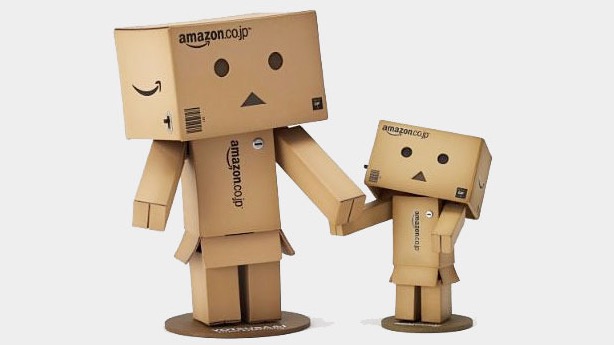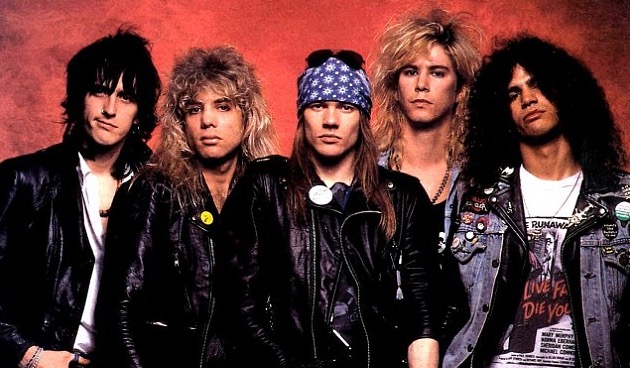
If I had to use one word to tie together this technology revolution we are living through it would be this:
Mobility.
Once we think about all the tools arriving and what they allows us to do, much of it revolves around geo graphic independence and mobility.
Smart phones – mobile computing in all it’s capacities. Mobile communications.
Driverless cars – increased mobility of people and things, independent of human touch.
Wikipedia / Blogging / Vlogging – Mobility of information and ideas, not locked down the the physical location of books or other data sources.
Social networks – Mobility of connections to people, what we are doing and saying flies across the globe at the click of a button.
Work – Ability to get information work done anywhere in the globe.
Drones – Mobility of things, visual footage and data points, and soon people.
Payments gateways – mobility of finance outside of physical banks.
Crypto Currency – mobility of money and payments, independent of any geography or government.
Blockchain & Smart Contracts – Mobility of promises independent of location, and premised on execution of that promise without parties having to meet physically.
3D printing – Mobility of manufacturing – send a file, make it anywhere.
Crowd Funding – Mobility of innovation outside of funding ecosystems.
e-commerce – Mobility of retail, sell to anyone, anywhere.
Cloud Computing – Mobility of data storage – it follows you around the world
Cloud Manufacturing – Alibaba providing access to the world of manufacturing with a few clicks
Freelance markets – Mobility of labour forces for information work.
Given all of this, we need to ask ourselves a simple question to future proof ourselves and or the company we work for;
How are we increasing the mobility of what we make sell or do. It’s a great place to start.
—
If you want to increase the mobility of your future join me for my new book launch – The Lessons School Forgot – on Tuesday night in Melbourne. Reserve your seat here for a night of inspiration & ideas with good people.
See you then, Steve.






